Equine therapy is an experiential treatment method that uses the connection between people and horses to enhance physical or emotional healing. Different forms of equine therapy may be used depending on client needs.
There are several different forms of equine-related therapy and treatment. These include:
- Equine-assisted psychotherapy (EAP)
- Hippotherapy
- Therapeutic Riding
Equine-assisted psychotherapy (EAP) focuses on those with mental or substance use disorders, cognitive issues, and other disorders. While still a form of “talk” therapy, EAP allows clients to use multiple senses while identifying and processing emotional issues. The outdoor environment and use of animals lend a unique, positive dimension to the experience.
During each session, clients may ride or otherwise work with horses while a mental health professional helps the individual process certain emotions. Participants usually learn all aspects of horse care, including grooming, saddling and riding.
Hippotherapy is a form of physical, occupational and speech therapy, co-facilitated by a licensed physical, occupational or speech therapist, as well as a certified equine specialist. It is designed to help patients with neuromuscular disorders improve balance, coordination and body control.
Therapeutic Riding is considered an Equine-Assisted Activity, rather than Equine Therapy, and has proven effective in helping children heal from trauma, as well as improve confidence and self-esteem.
What Conditions are Treated with Equine Therapy?
Research shows EAP, Hippotherapy, and Equine-Assisted Activities are an appropriate therapeutic approach for children, teens, adults, families, and groups. Some conditions or disorders that respond well to EAP or related equine-assisted therapies include:
- Substance Use Disorders
- Depression, Anxiety, PTSD, Stress
- Trauma
- Eating Disorders
- Behavior Disorders
- Traumatic Brain Injury
- Dementia
- Learning Challenges
- ADD/ADHD
- Autism, Asperger’s
- Down Syndrome
Benefits of Equine Therapy
Typically, Equine Therapy is one component of a comprehensive treatment plan, meant to complement conventional approaches appropriate for the specific situation. Equine therapy sessions should always be led by a certified Equine-Assisted therapist, who has received specialized training in equine therapy, as well as traditional training in the mental health field.
The interaction between horse and client often unlocks blocked emotions, allowing them to be processed and healed. Equine therapist Nancy Jarrell states, “I continue to marvel at how a horse can behave in a certain way that results in the presentation of a crucial issue for a client. It is as though the horse already knows the history.”
A recent article in Psychology Today discusses a number of ways people benefit from EAP:
- Increased trust
- Reduced anxiety
- Less feeling of depression and isolation
- Increased self-esteem, self-acceptance, and social skills
- Better impulse control
- Increased problem-solving skills
- Improved communication skills, including non-verbal
- Better understanding of healthy boundaries and the importance of assertiveness
- Learn to get outside own negative, self-absorbed thoughts and nurture another creature
Certain equine-assisted therapies are effective for children with cerebral palsy, behavioral tics, motor control issues, and coordination problems, and for people of any age with reduced mobility.
Research has found Equine Therapy to also be beneficial for those with eating disorders like anorexia and bulimia. The therapy helps individuals to better manage their emotions and learn to express feelings more positively. Riding and caring for the horses improve self-esteem and anxiety, and improves negative body issues.
Most participants in Equine Therapy benefit from the unconditional acceptance offered by the horses they work with.
At Turning Point of Tampa, we have seen many of our clients benefit from Equine Therapy and are proud to offer this option at an off-campus location.
Turning Point of Tampa has been offering Licensed Residential Treatment for Addiction, Eating Disorders and Dual Diagnosis in Tampa since 1987.


